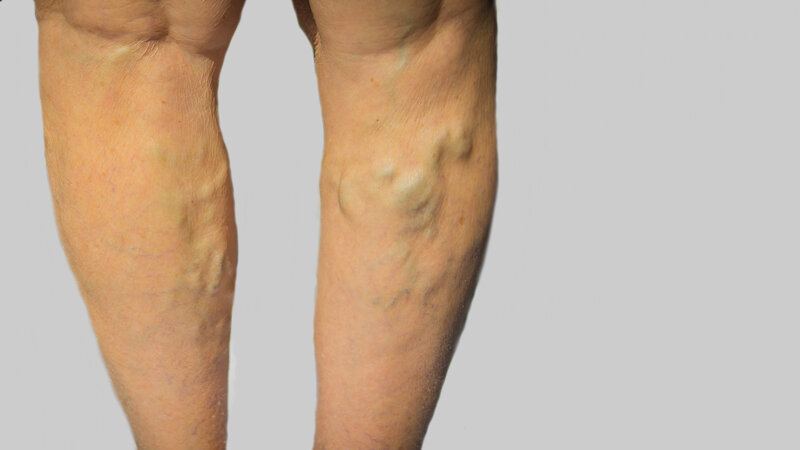Drug addiction is a complex disease affecting millions of individuals worldwide. It alters the chemistry of the brain, making it challenging for individuals to stop using illicit substances. It is common for drug addicts to deny or minimize the extent of their addiction or blame others for their drug use. This is an extremely destructive behavior pattern that can ruin relationships and careers.
Addiction as a Brain Disease
Drug addiction is a brain disease as it alters the circuits responsible for motivation, pleasure, and reward. It changes how the brain perceives pleasure, leading individuals to seek more and more dopamine to feel good.
Addiction alters brain function, leading to compulsive drug seeking and use, even when it causes harm. This explains why individuals with addictions struggle to see the damage they are causing to their loved ones, relationships, and careers.
Coping Mechanism
Addicts also tend to blame others for their addiction as it helps them cope with their guilt and shame. Denial of responsibility is a defense mechanism that enables them to distance themselves from the consequences of their actions. It is easier to blame others than to admit they have a problem. Blaming others can be a way for the addict to avoid taking responsibility for their actions and consequences.
Rehab Can Help
Rehabilitation can assist addicts in tackling the root causes of their addiction. They provide a safe and supportive environment where addicts can work through their guilt and shame. In rehab, addicts learn how to take responsibility for their actions and learn how to develop a healthy sense of self. They also learn to communicate effectively and develop healthy coping mechanisms to deal with life’s stressors. Rehab programs can also help individuals understand the social stigma related to addiction and help to break free from these judgments.
Addiction can be overwhelming, and it is difficult to overcome it independently. Drug addicts blame others to cope with their struggles, and this self-destructive cycle can ruin relationships and careers. Rehab programs provide an opportunity for addicts to take responsibility for their actions and to develop healthy coping mechanisms.
How Drug Addiction Affects Relationships
Drug addiction is a serious problem that can have a significant impact on the lives of an addicted individual’s family, friends, and loved ones. It is a complex issue that requires immediate attention as it can severely damage the different aspects of an individual’s life. For this reason, it is essential to know how drug addiction affects relationships.
Trust Issues
One of the significant effects of drug addiction on relationships is trust issues. When an individual is addicted to drugs, they lie and deceive their loved ones and break promises. The behavior of an addict is oftentimes unpredictable, making it challenging for their loved ones to trust them.
Communication Breakdown
Drug addiction can lead to a breakdown of communication between the addicted individual and their loved ones. The individual is so consumed by their addiction that they sometimes become distant, avoiding interaction, and pushing their loved ones away, causing resentment and frustration.
Financial Stress
Drug addiction is an expensive habit, and it is often associated with financial instability. The result is that an addicted individual often borrows money from their loved ones in order to fund their addiction. Not only does this behavior put the relationship in jeopardy, but it also leads to significant financial stress on the part of the family and friends who support them.
Codependency
Codependency is another major effect of drug addiction on relationships. The situation arises when loved ones depend on the individual who is addicted to drugs, and they enable the individual’s negative behavior. Codependency can make it challenging for the addict to seek help to overcome their addiction.
Emotional Turmoil
Drug addiction intensifies emotions and can lead to an individual having mood swings that are challenging for them and their loved ones to handle. The addict’s emotional instability can cause turmoil and ultimately affect the relationship.
Drug addiction has a profound effect on an individual’s relationships with their family, friends, and loved ones. It can lead to the breakdown of these relationships if not treated promptly. As such, it is essential to seek professional help to overcome addiction and regain the trust of loved ones and rebuild relationships.



